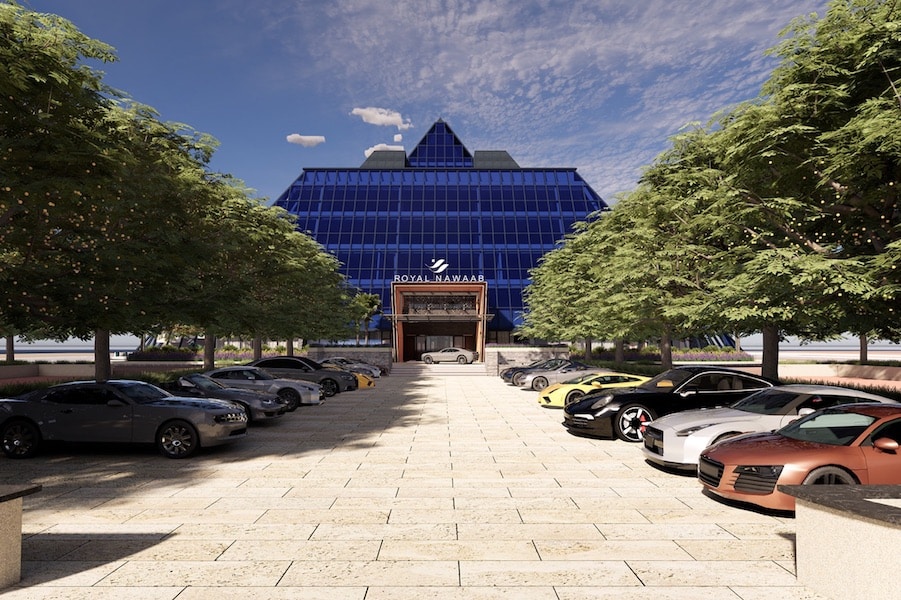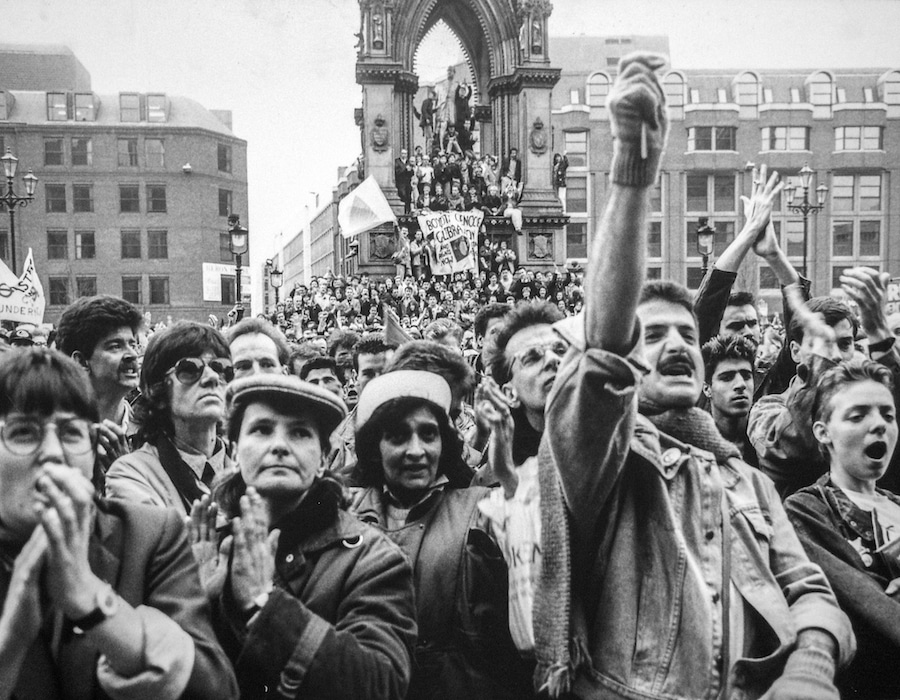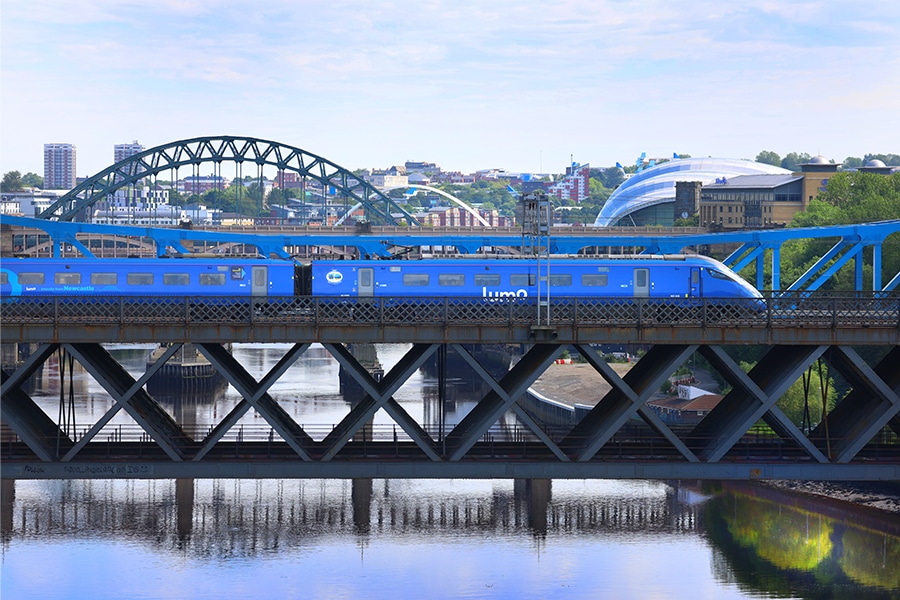Jamie Oliver shuts Manchester restaurant as chain goes into administration
- Written by Louise Rhind-Tutt
- Last updated 6 years ago
- City of Manchester, Food & Drink
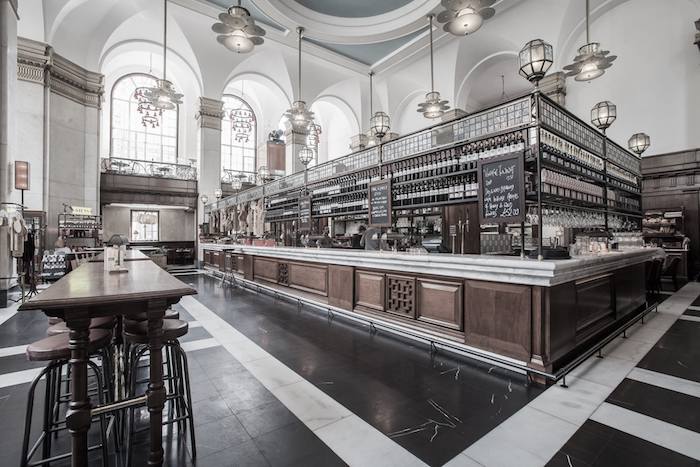
Jamie’s Italian on King Street has closed its doors as the restaurant chain collapses into administration.
The Jamie Oliver Restaurant Group, which includes Barbecoa and Fifteen as well as the Jamie’s Italian chain, has appointed KPMG as administrators.
In total, 25 restaurants are affected across the UK, 23 of which are from the Jamie’s Italian chain.
The King Street branch, which employs about 70 to 80 staff, closed its doors this morning.
An official quote from Jamie Oliver says he appreciates “how difficult this is for everyone affected” and that he “would also like to thank all the customers who have enjoyed and supported us over the last decade, it’s been a real pleasure serving you.
“We launched Jamie’s Italian in 2008 with the intention of positively disrupting mid-market dining in the UK High Street, with great value and much higher quality ingredients, best-in-class animal welfare standards and an amazing team who shared my passion for great food and service.
“And we did exactly that.”
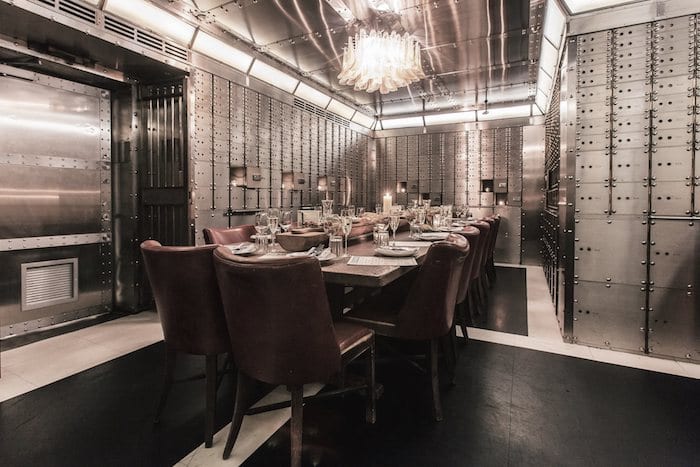
The group closed a third of its Jamie’s Italian sites across the country last year, and in December, the chef put £3m of his own money into his restaurant businesses.
It’s been a turbulent time for Manchester’s food and drink industry, despite some high-profile new openings, with a so-called casual dining crunch affecting chains including Carluccio’s, Prezzo and Byron.
Earlier this year, cake cafe chain Patisserie Valerie also confirmed the closure of a number of its Manchester outlets after the company went into administration.
In many ways, the past five years has seen huge growth in the city. According to data from consultancy group CGA, the number of licensed restaurants rose by a whopping 36.5% between 2013 and 2018. That’s the biggest increase across 16 major UK cities, more than double the growth in London (17.7%), and far outstrips the national average of 15%.
But over the past year, the figure flattened out. From 2017 to 2018, restaurant growth in the city is 0% – which means that the number of new openings is balanced by the number of closures.
“That flat year-on-year for restaurants in Manchester is interesting,” said Karl Chessell, unit director for retail and food at CGA, when we spoke to him last year about the state of the industry.
“It is obviously against the backdrop of huge net growth over the last five years. We know that whilst the net change over the last year is zero, a lot of closures and openings will have happened to balance out that figure.
“This is one of the themes we are seeing – large churn in the market. It is not easy for operators when there has been such an increase in supply, and demand has not really shifted.”
- This article was last updated 6 years ago.
- It was first published on 21 May 2019 and is subject to be updated from time to time. Please refresh or return to see the latest version.
Did we miss something? Let us know: [email protected]
Want to be the first to receive all the latest news stories, what’s on and events from the heart of Manchester? Sign up here.
Manchester is a successful city, but many people suffer. I Love Manchester helps raise awareness and funds to help improve the lives and prospects of people across Greater Manchester – and we can’t do it without your help. So please support us with what you can so we can continue to spread the love. Thank you in advance!
Got a story worth sharing?
What’s the story? We are all ears when it comes to positive news and inspiring stories. You can send story ideas to [email protected]
An email you’ll love. Subscribe to our newsletter to get the latest news stories delivered direct to your inbox.

The pioneering doctors who changed science forever and inspired the new Netflix series Joy

Green, grand and gorgeous – a deep dive into the redevelopment of Albert Square

English National Opera finds a new home in Manchester making opera accessible to all
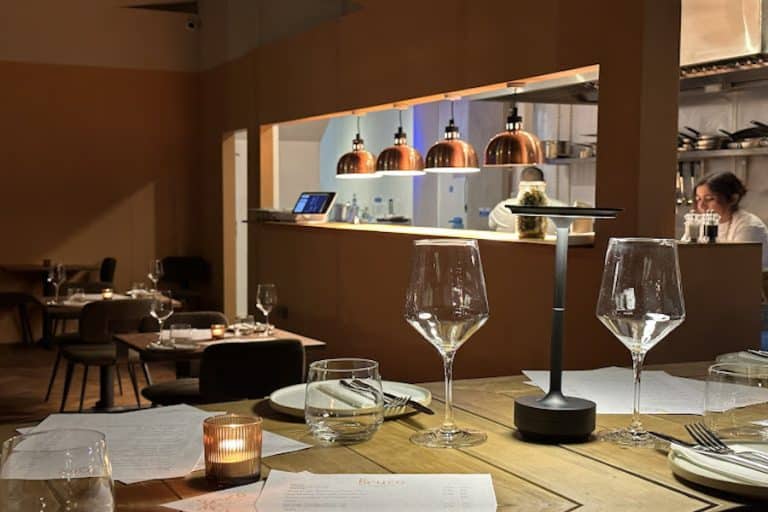
“Great food at excellent value” An authentic taste of Naples arrives in Ancoats
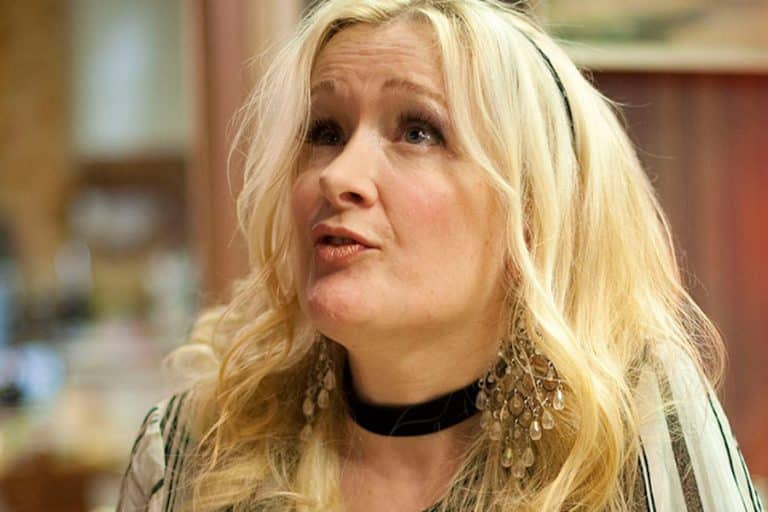
Comedian spearheads campaign for a statue of beloved comic Caroline Aherne








